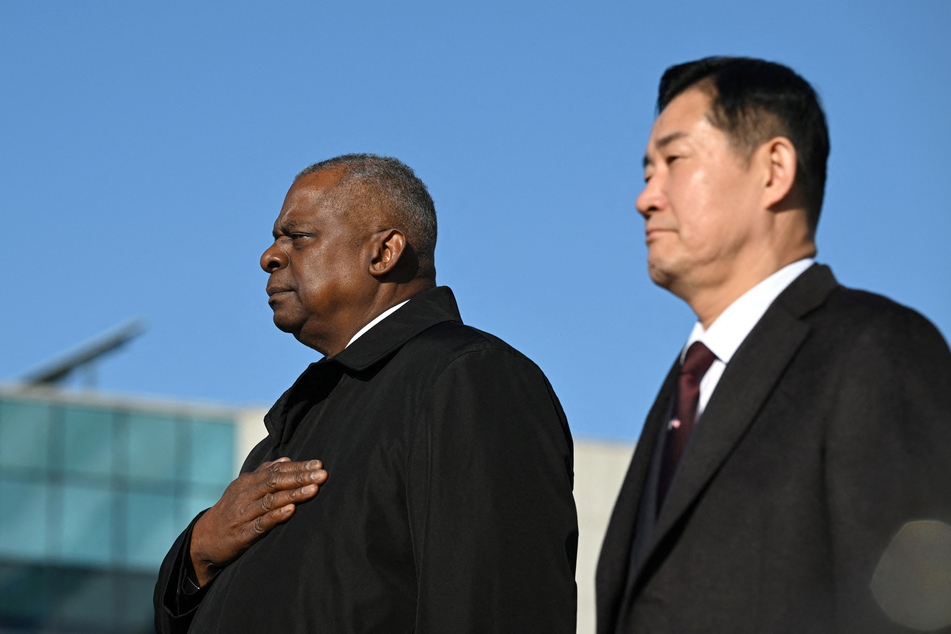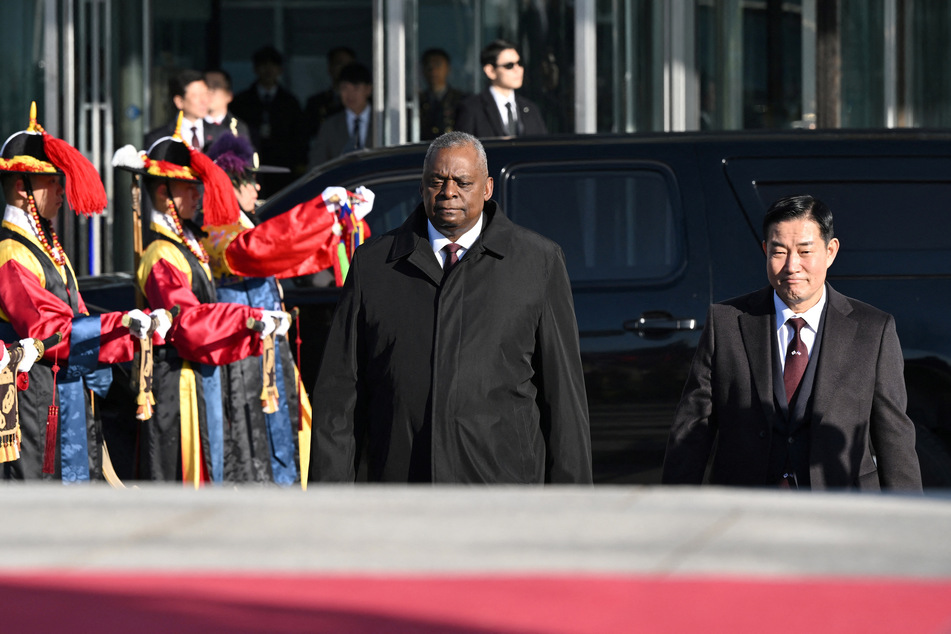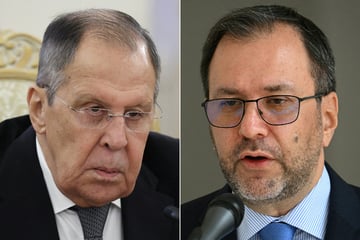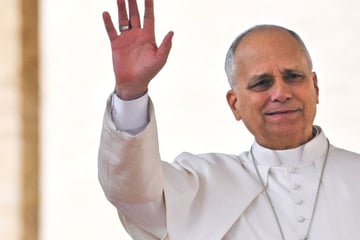South Korea and US revise deterrence agreement to counter North Korea
Seoul, South Korea - US and South Korean defense chiefs on Monday updated a key military agreement against nuclear-armed North Korea for the first time in a decade as they hailed their "stronger than ever" alliance.

US Secretary of Defense Lloyd Austin is in Seoul for an annual security meeting with his South Korean counterpart Shin Won-sik, as the allies ramp up their military cooperation in the face of growing missile and nuclear threats from Pyongyang.
At the Security Consultative Meeting, the defense chiefs revised the Tailored Deterrence Strategy (TDS), a deal on joint deterrence strategies to counter North Korea's nuclear weapons and other arms, according to a joint statement.
The revisions mean the deal will allow the allies to more effectively "deter and respond to advancing DPRK nuclear and other WMD and non-nuclear capabilities with strategic impacts," it said, using the North's formal name.
First adopted in 2013, the allies had been working to update the document to better reflect Pyongyang's rapidly advancing nuclear and missile threats, according to the Yonhap news agency.
US and South Korea to increase their military collaboration

This year, Seoul and Washington have staged joint military exercises involving advanced stealth jets and US strategic assets.
An American nuclear-armed submarine made a South Korean port call in July – the first in four decades – while a US B-52 heavy bomber landed on the Korean peninsula "for the first time this century," Austin noted during a joint press conference after the meeting.
"I'm proud to say our alliance is stronger than ever," he said.
Despite many conflicts around the world, Seoul's defense minister Shin said that Seoul and Washington maintained "the most powerful alliance in history and the world."
"If North Korea provokes war, as confirmed by the leaders of both countries, what will be eliminated will be the Kim Jong Un regime, and what will be achieved will be unification based on the liberal democratic order led by the Republic of Korea," he said.
The top officials agreed to work closely to "expand the scale and types of field exercises" in line with combined trainings next year, according to the joint statement.
"Considering DPRK's advancing nuclear and missile capabilities and institutionalization of its nuclear force policy, they pledged to further discuss the inclusion of a DPRK nuclear use during a future US-ROK combined exercise," it said.
North Korea has slammed the latest visits by Austin and US Secretary of State Antony Blinken, saying US officials "seek the extreme confrontation on the Korean peninsula."
Cover photo: JUNG YEON-JE/Pool via REUTERS

